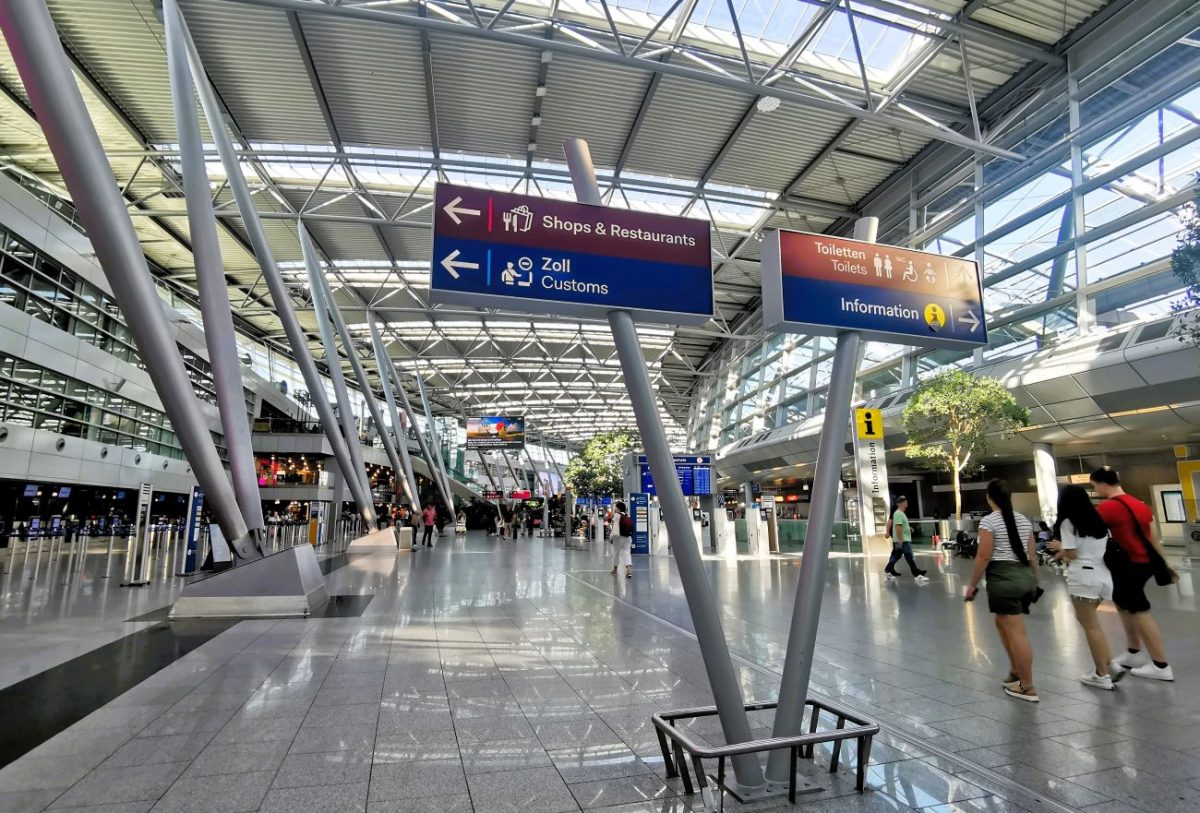Feature: E-ticketing

E-ticketing: An explanation of the background to e-ticketing, how it is used and what opportunities it provides for agents, airlines and GDSs. Sponsored by Sabre.
After a slow start, electronic ticketing is beginning to take hold in the UK and Europe. Lufthansa claims the distinction of being the first European airline to introduce the concept when, in 1996, it launched the Lufthansa Chipcard which allowed its frequent flyers to swipe a special card through an airport reader to obtain their boarding cards. Within months, this was replaced with its branded e-ticketing product, etix, the form of electronic ticket transaction that has been adopted by airlines around the world. That is to say they are available to anyone, can be bought over the internet, over the phone, through the airline’s reservations centre or from travel agents. Reservations are paid for by a credit card or airline card, which can then be used to get boarding cards from automatic check-in machines at airports.
The process enables passengers with hand luggage only to bypass tedious queues at check-in counters, and as the concept gathers momentum, an increasing number of airlines are offering special self-service luggage terminals to deal with hold baggage. Although the idea of ticketless travel came to Europe in its very earliest days it was the American market that took the concept to heart and raced into a global lead. The Asia/Pacific region is also well advanced.

Of course, some e-ticket traffic is bypassing the GDSs and travel agents, and going direct to the airlines. Galileo UK general manager Pat Minogue says it is impossible to get an accurate hold on the direct-sell versus travel trade split, but reckons that probably 70 per cent of the UK e-ticket market flows through travel agents. Although the GDSs make no extra money by facilitating e-ticketing, all are firm believers in the concept and believe that it will be the way ahead in the travel industry.
“Our belief in e-tickets is driven by the benefits they bring to the end traveller; ease of use, convenience, cost and security,” said Laura Lukan, Sabre’s managing director of associate sales and service in Europe, the Middle East and Africa.
It is argued that travel agents can save money on couriers, postage, printing and hardware costs if they started to promote e-ticketing, and if the electronic ticket ever took over from the paper coupon, the worry of keeping valuable blank airline ticket stock secure would evaporate. E-ticketing also enables travel agents to raise tickets for clients very close to departure and not worry about how to get the ticket to the passenger.
The rise of the low-cost airlines in the UK and European markets is generally seen as a negatively competitive force within the traditional travel industry but their heavy promotion of internet sales could be the key that helps unlock demand for e-ticketing generally by getting the public used to the concept. And the people who are used to the low-cost experience of e-ticketing and then queuing up at airports, will be pleasantly surprised by how easy it is to use self check-in machines run by the scheduled fraternity.
But for the moment, Galileo’s Pat Minogue said airlines, travel agents and passengers all seemed to be afflicted by a resistance to change. Even though e-ticket deployment by airlines was moving ahead at a high rate they did not seem to be pushing the concept to passengers.
Amadeus UK marketing director Mark Lewsey agreed that airlines could be doing more to promote the e-ticket concept but added that travel industry trade bodies should also take responsibility for spreading the word. “The public has to be given the facts about e-ticketing and major industry representative bodies such as ABTA should be taking the lead,” he said.
It is assumed that the failure of e-ticketing to make a significant impact in the UK and Europe is due to a perception by the public that the electronic version of a ticket is not as safe as paper. The reality is that there is a much greater danger of a paper ticket being lost, stolen or simply left at home than there is of anything going wrong with an e-ticket transaction. It seems that most people just haven’t got used to the idea of going out to an airport without a paper ticket in their hand.
Galileo is currently undertaking customer research to try and find out the underlying reasons for e-ticket resistance. The only major advantage that paper has over electronic ticket is the ability to swap paper tickets from one airline to another. But interlining is becoming easier in the e-ticket sector as airlines begin to work out partnerships within the electronic medium.
Amadeus for example is able to host interline e-ticketing between Lufthansa and SAS; American Airlines and United Airlines; and United with Continental Airlines or Air Canada. Among the list of Galileo’s new e-ticket airlines this year, SAS offers interline agreements with Lufthansa, Wideroe Airlines and Cimber Airways.
Although Europe has been slow to take up the e-ticket challenge the number of users is rising in an increasingly steeper curve, while worldwide, e-ticketing is firmly established.
Research is now being conducted into new ways of delivering e-ticketing to passengers with Sabre, for example, investigating the possibilities of sending e-ticket SMS messages to mobile phones which can then be swiped over a scanner at the airport. Other concepts include a secure smart card that can be credited with a ticket or boarding pass, which can then be debited with the passenger, checks in.
Read previous features:
28 Feb: British Travel Trade Fair 2002 by Reed Travel exhibitions
13 Mar: Recruitment: Temporary Staffing Strategies by New Frontiers
12 April: Recruitment: Testing times by New Frontiers
25 April: The GDSs
Have your say Cancel reply
Subscribe/Login to Travel Mole Newsletter
Travel Mole Newsletter is a subscriber only travel trade news publication. If you are receiving this message, simply enter your email address to sign in or register if you are not. In order to display the B2B travel content that meets your business needs, we need to know who are and what are your business needs. ITR is free to our subscribers.







































Airlines suspend Madagascar services following unrest and army revolt
TAP Air Portugal to operate 29 flights due to strike on December 11
Qatar Airways offers flexible payment options for European travellers
Airbnb eyes a loyalty program but details remain under wraps
Air Mauritius reduces frequencies to Europe and Asia for the holiday season